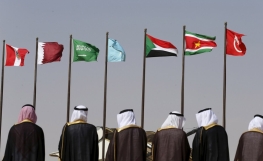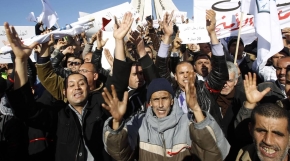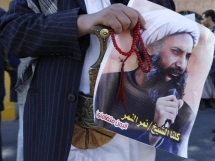As millions of Christians flee the Middle East and Christianity's original homeland becomes increasingly bereft of Christians, an odd anomaly is occurring.
Christianity in the Gulf states is surging. Amid a shocking exodus in neighbouring countries, this strictly Islamic region has seen a jump in its Christian population.
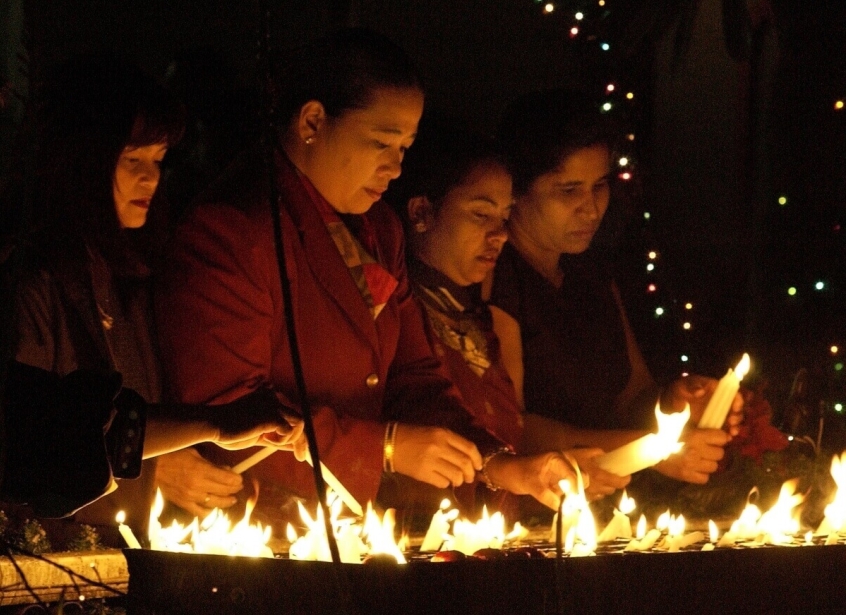
Figures show that in both Saudi Arabia and the United Arab Emirates, Christianity was practically non existent just over a hundred years ago. There were only 80 Christians in the UAE in 1910 (0.1 per cent of the population) and 50 in Saudi Arabia, even less than 0.1 per cent, according to a recent study.
However one hundred years later in 2010, Christianity had exploded to 12.6 per cent of UAE's population and 4.4 per cent of Saudi Arabia's. Between the two countries alone there are now well over one million Christians. While by no means a majority, this represents a a significant growth in such a conservative Islamic region.
Indeed, this surge is not limited to Saudi Arabia and the UAE. Throughout the Gulf, countries such as Bahrain, Kuwait, Oman and Qatar have all seen dramatic increases to their Christian populations.
This growth is even more extraordinary when compared to the mass exodus of Christians from neighbouring Middle Eastern countries. Lebanon, for example, used to be a Christian-majority country with 77.5 per cent of the population identifying as Christian in 1910. Now that figure stands at 30.4 per cent. But even that is healthy compared to Turkey and Syria where Christianity has plummeted from 21.7 per cent and 15.6 per cent respectively to just 0.2 per cent and 2.7 per cent.
But Christianity's growth in the Gulf is not down to a revival. Converting from Islam to Christianity is punishable by death in both countries and evangelism is prohibited. In Saudi Arabia any public observance of non-Muslim faiths is illegal and Saudi Christians are forced to worship in private.
While persecution charity Open Doors has highlighted "many reports" of Muslim conversions, the reality is that the vast majority of the Gulf's new Christians are immigrants. Since 1910, the region has become extraordinarily wealthy. This has brought unprecedented immigration to the extent that in UAE, Christians now number little over 10 per cent of the population.
A high proportion of these immigrants come from heavily Christian countries such as the Philippines. The majority of these are Roman Catholic workers, replacing the original Christian population which were largely Orthodox.
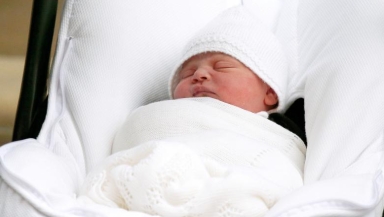
However despite the dramatic increase, it is likely there will be little change to religious tolerance in the region. Hardly any of the new Christians immigrants are citizens and many are low-skilled workers, meaning that their stay is likely to be temporary. Most of the Gulf's population is highly transient and the Christians are unlikely to be different.
As a result, although the numbers of Christians are significant, they are unlikely to make any political difference. Wahhabism, a strict interpretation of Islam, still dominates Saudi Arabia in particular and even in the relatively liberal UAE, Christian converts face severe persecution and no religious education other than the teaching of Islam is permitted.
The future is therefore uncertain for Christians in the Gulf. But as Christianity loses its most ancient communities in the Middle East, the arrival of Catholics in Islam's most conservative heartland may be a source of hope to those praying for a revival in the Middle East.










